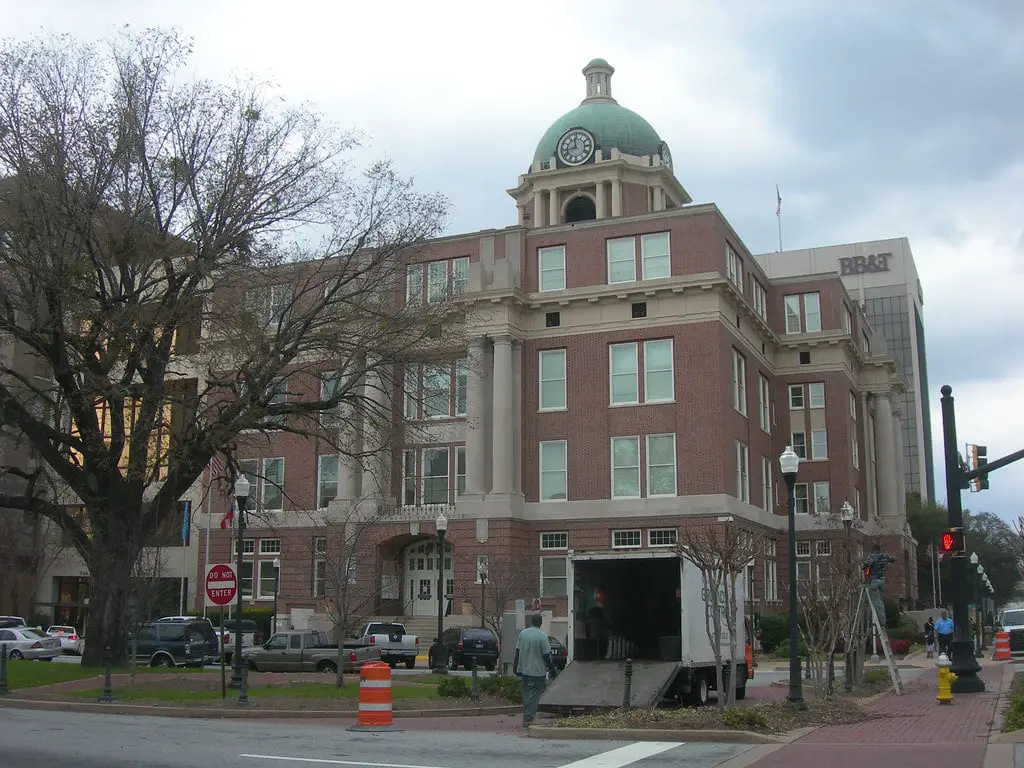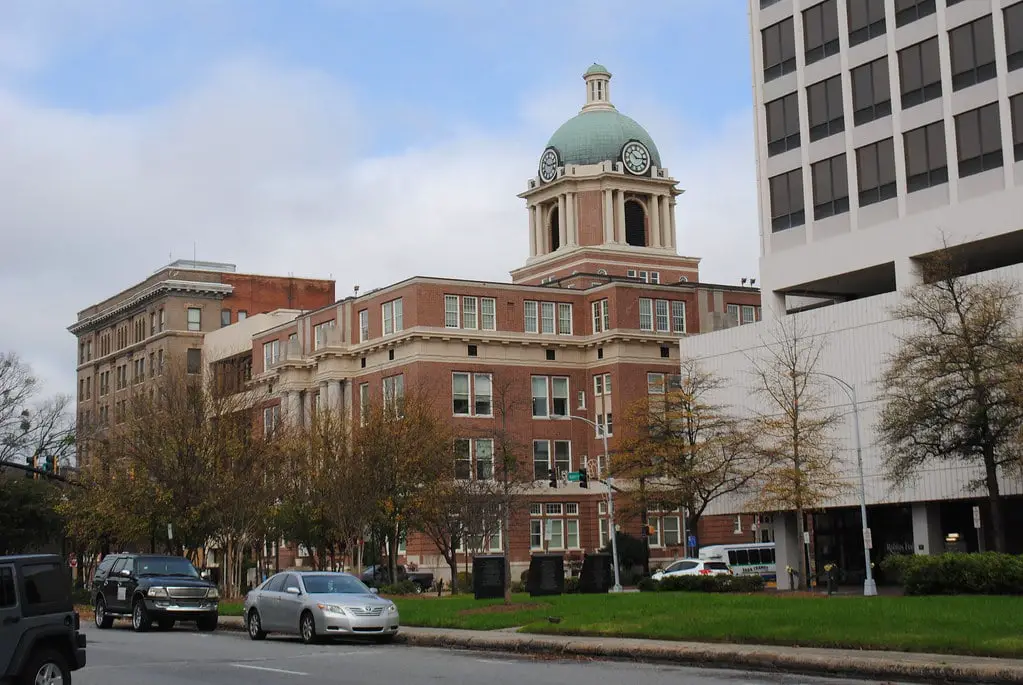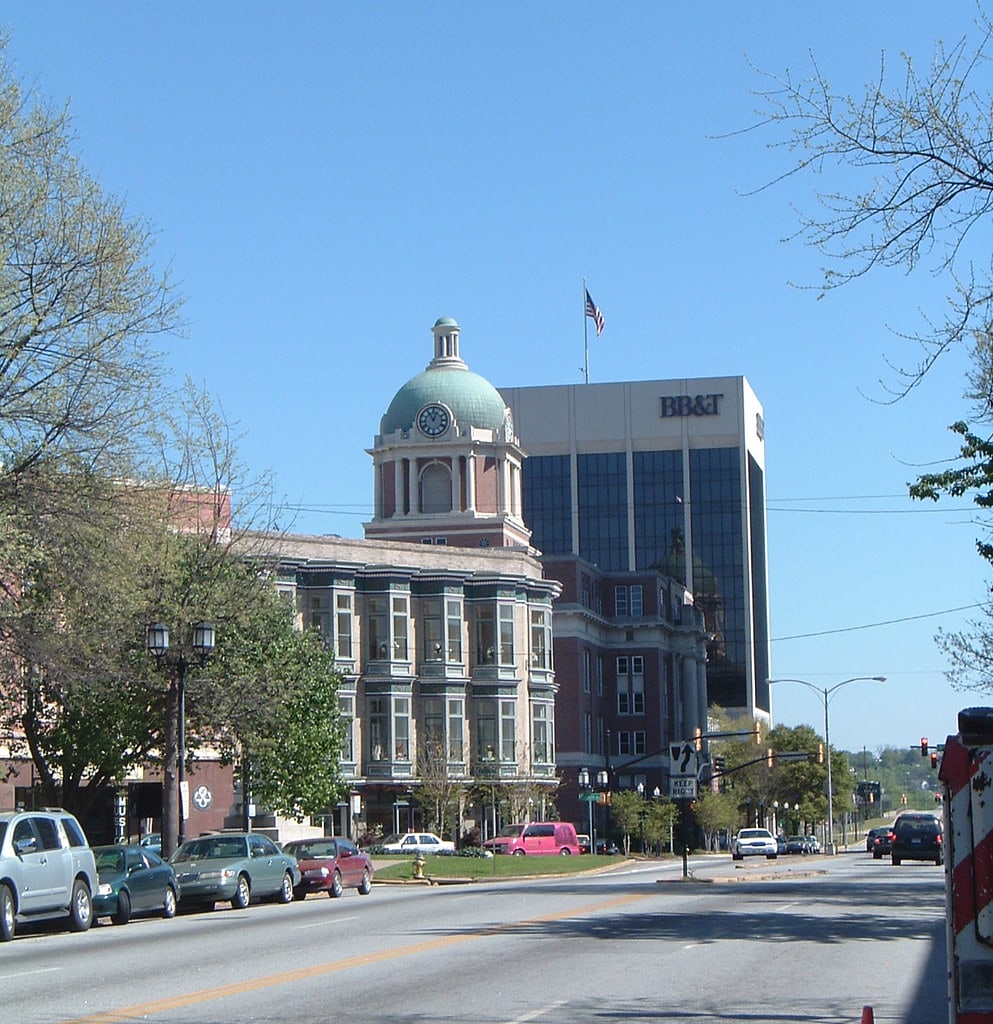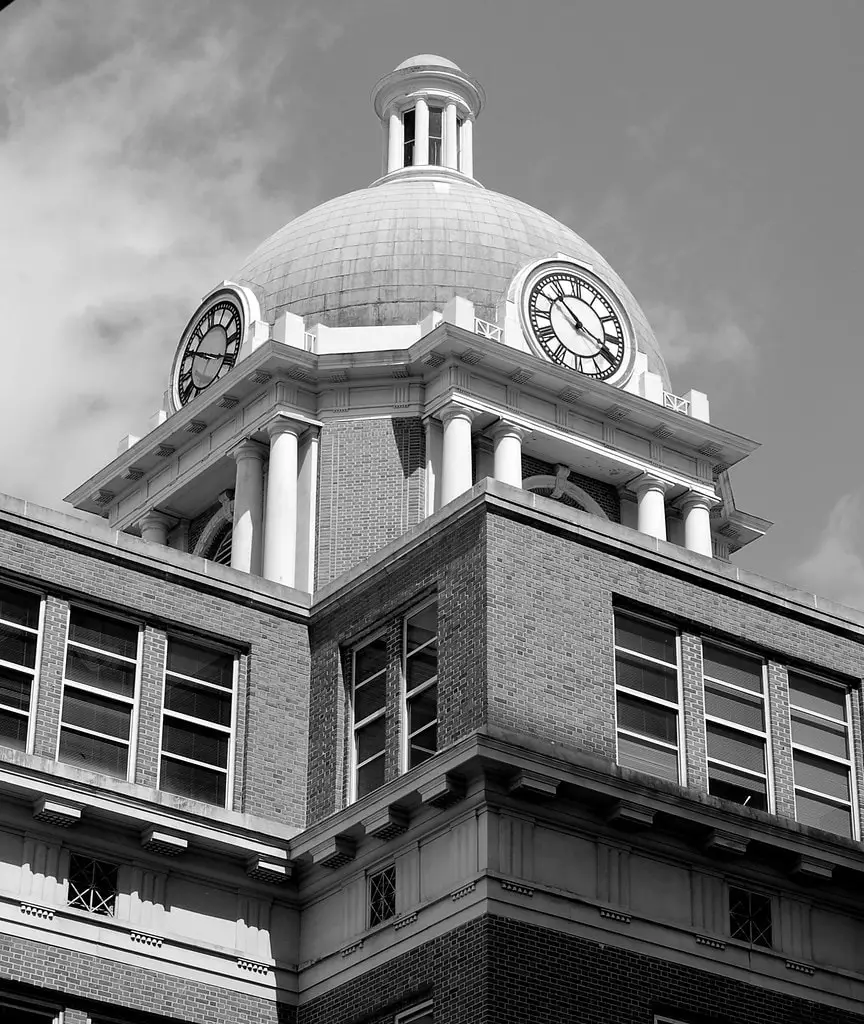Bibb County Courthouse: A Walk Through History
Macon, Georgia, nestled in the heart of Bibb County, carries a rich and diverse history that can be traced back to the early 1800s. It was 1822 when Bibb County was carved out from portions of surrounding counties, a mere year after the Creek Indians relinquished the last of their lands in the area.
In 1823, Macon was born the following year, serving as the county seat. It's hard not to feel a pang of nostalgia when you think about how the area, once a hub of Native American civilizations, transformed into an economic powerhouse thanks to its prime location on the fall line.
Fast forward to 2012, and the city underwent another significant transformation: consolidating the Macon and Bibb County governments. This pivotal event marked a new era for the county and its beloved Bibb County Courthouse.
The Legacy of J. Taylor Phillips
Macon's Bibb County Courthouse isn't just a building; it carries the name of an influential figure who left his mark on the county: J. Taylor Phillips. If you've ever wondered why the courthouse was named after him in 2012, it all goes back to his remarkable career and dedication to the county.
Phillips served as a State Court judge for 48 years, from 1964 to 2012, dedicating most of his life to the pursuit of justice. But his commitment to public service went beyond the courthouse. A veteran of World War II and the Korean War, he served his country before he served Bibb County.
And let's not forget his stint in the Georgia House of Representatives and the State Senate. Clearly, Phillips was not just a judge but a faithful public servant, and his legacy continues to influence the courthouse and the county.
Impact of Major Events on Bibb County
It wouldn't be fair to talk about the history of Bibb County and its courthouse without discussing the significant events that shaped them. From the Civil War to World War I and even the arrival of the Boll weevil, Bibb County has weathered many storms.
During the Civil War, the county's strategic location made it a transportation hub, manufacturing center, and temporary state capital.
World War I saw the establishment of Camp Wheeler in the southeastern part of the county, which played a crucial role during the war and again in World War II.

Meanwhile, the boll weevil's arrival in 1915 threatened the cotton crop, eventually leading to the creation of Delta Air Lines, which started as a crop dusting operation in central Georgia.
Robins Air Force Base, established in 1941 in the neighboring Houston County, also significantly impacted Bibb County, quickly becoming the largest employer in central Georgia.
These events have indelibly shaped Bibb County and its courthouse, leaving an enduring legacy of resilience and adaptability.

Present Day Bibb County and the Courthouse
Today, Bibb County is home to over 155,000 residents, a testament to its steady growth since its formation. The courthouse remains essential to the community, symbolizing the county's history and ongoing commitment to justice.
The county is also host to four institutions of higher learning, including Mercer University and Wesleyan College, the world's first chartered college to grant degrees to women. Notable individuals like poet and author Sidney Lanier and musician Otis Redding have called Bibb County home, further adding to its rich cultural heritage.
The Bibb County Courthouse, completed in 1924, stands tall in downtown Macon, a beacon of the county's division of the state court system and various administrative offices. It's impossible not to feel a sense of awe and respect when you gaze upon its facade, thinking about the countless cases heard and the decisions made within its walls.

Looking Towards the Future
As we stand on the cusp of new times, it's hard not to look back with fondness at the journey of Bibb County and its courthouse. From the early days of Macon's formation, remarkable individuals, significant events, and an enduring spirit of resilience and adaptability have shaped the county and its courthouse.
While we can't predict what the future holds for Bibb County and its courthouse, we can be sure that they will continue to evolve and adapt, just as they have for the past two centuries.
As we walk through the county, visit the courthouse, or go about our daily lives, let's remember the history that has shaped us and look forward to the future with anticipation and hope.

